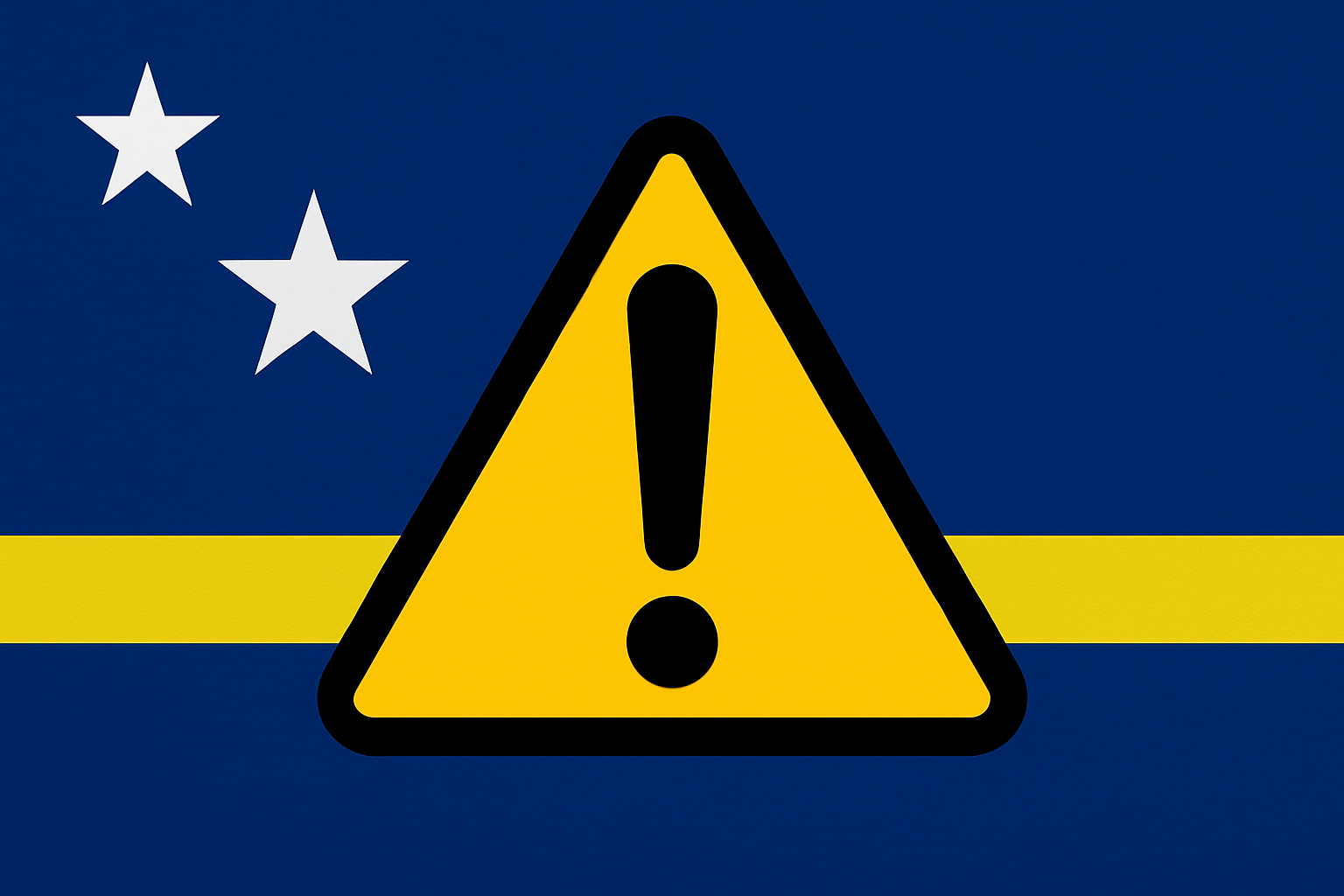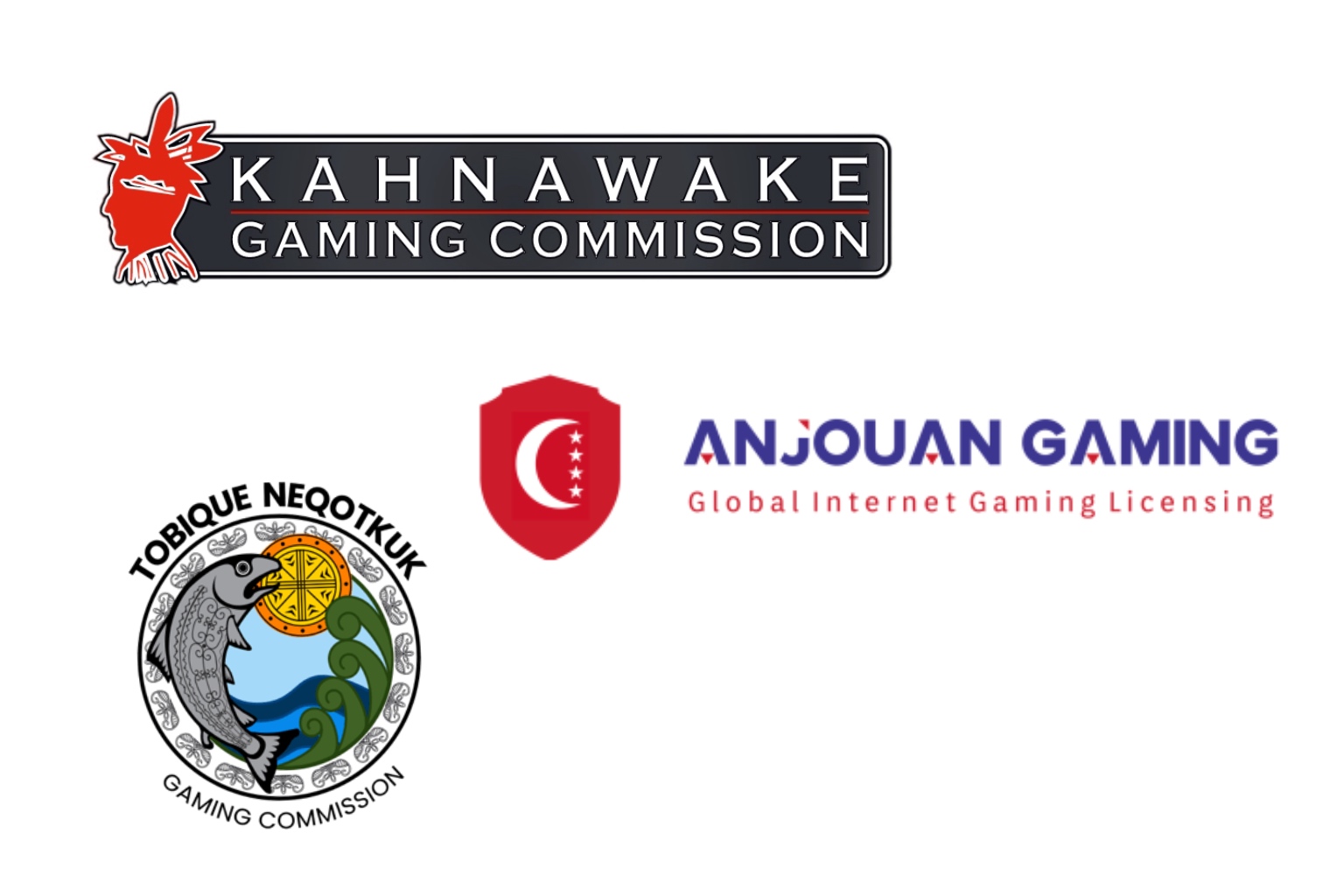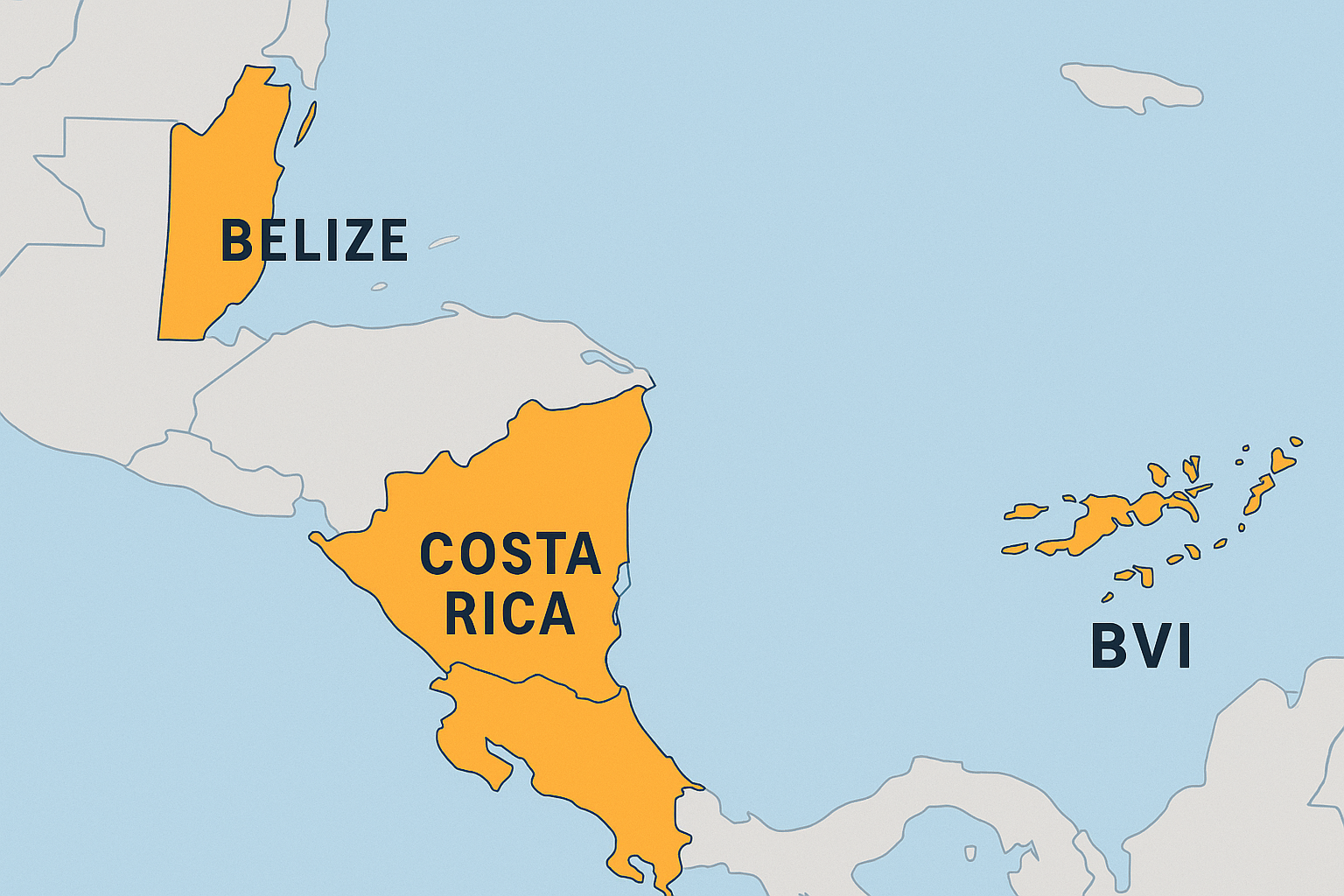The Curaçao Gaming Authority (CGA) has issued a sudden warning to operators. The regulator made it clear that it’s illegal for companies registered in Curaçao to operate under foreign gaming licenses.
In the past, some operators who set up companies in Curaçao used B2C licenses from other countries to run their gambling businesses. Now, many of them are concerned — what will happen to their Curaçao-registered companies, and what should they do about the licenses they currently hold?
We are here to answer these questions and guide you through the next steps.
What Is a Curaçao Warning
The message from the CGA is straightforward: if your entity is based in Curaçao, you must have a license issued by the CGA.
This requirement is part of the National Ordinance for Games of Chance (LOK), which recently came into effect. Under this law, no business can legally offer gaming services in or from Curaçao without the CGA’s explicit approval.

Due to the often long and unpredictable approval times, many companies registered in Curaçao have tried to obtain licenses in other jurisdictions. But those days are over. The new LOK law is part of a bigger push to modernize and clean up the industry. The goal is to replace the outdated master license system with a more transparent and responsible regulatory framework.
According to Curaçao authorities, some payment providers, software suppliers, and other B2B partners may not even realize they’re supporting illegal operations. They assume the businesses they work with are properly licensed — when in fact, they may be helping unlicensed and potentially criminal activities under Curaçao law.
That’s why the CGA is starting to take action. Companies registered in Curaçao but using non-Curaçao licenses will be contacted and warned that their operations are now considered illegal.
If you’re still using a Curaçao-registered company to operate under a foreign license, it’s time to rethink that strategy. The CGA has made it clear: doing so could violate the Criminal Code. Even players and partners who are unknowingly involved could face legal consequences.
What Should Operators Do Now
Right now, many businesses are at risk — they’ve technically been operating illegally for the past six months. So, what should you do if your business has been registered in Curaçao during this time?
The only thing you have to do, as soon as possible, is to open another company in a different jurisdiction and transfer your license to this new company. This is the best and probably the only viable solution.
If you don’t do this, authorities in Curaçao can:
- Block your company
- Seize any money you have in Curaçao
- Publicly list your brands
- Potentially even list the owners of these companies (this is speculative, but possible)
Without setting up a company in a new jurisdiction, you risk losing your license, your brand, and the company itself.
If you have licenses like Anjouan, Tobique, or Kahnawake, these jurisdictions don’t prohibit using a Curaçao company as a holding entity. But we don’t know how they’ll react to recent Curaçao actions. For now, the regulators in these jurisdictions haven’t provided any statements.

Possibly, they’ll keep your license active even if your Curaçao company becomes inactive, although this might not be legal or practical.










Where to Set Up a Company Fast
There are several options where you can open a company within a few working days:
- Belize – fastest option; quick document turnaround
- BVI (British Virgin Islands) – also fast, but a bit slower than Belize
- Costa Rica – reliable, but takes longer, about 2–4 weeks

Since some licenses require fresh company documents, Belize might be the best choice to move quickly and stay clear.
What Should Operators Do After A Company Setup
Let’s imagine that you’ve already opened a new company in Belize, for example. That’s not the end of the process. Next, you have to notify the regulator — for example, Anjouan — that you want to transfer the license ownership to this new company.
This usually involves a sale of the project or a formal ownership transfer. You’ll need to:
- Provide company incorporation documents
- Provide proof of address
- Provide a certificate of good standing, usually less than 3 months old
- Draft an agreement between your Curaçao and new company confirming the legitimacy of the transfer
Keep in mind that you should clearly explain to Anjouan that this transfer is necessary due to the recent Curaçao regulatory changes.
A Note On Directors and Ownership
As you might know, it’s mandatory to have a local managing director in Curaçao. Once you move to Belize, this person won’t be available anymore.
To simplify the process, make the same person the owner, shareholder, director, and beneficial owner of the new company. Later on, if needed, you can add a nominee director for privacy or other reasons.
Wrapping Up
The statement from the CGA has caught a lot of people off guard. If you’ve been running your business through a Curaçao-registered company with a license from somewhere else, you’re probably wondering what to do next, and how serious this really is.
Well, it’s serious. The rules have changed, and the Curaçao Gaming Authority isn’t just sending polite reminders — they’re taking action. If you don’t adapt, the consequences won’t be pleasant.
But it’s not all bad news. There’s still time to move, and if you act quickly, you can avoid major disruption. Setting up a new company in a flexible, license-friendly jurisdiction like Belize or BVI is a solid next step. From there, it’s just a matter of transferring the license and making sure everything’s above board.
Yes, it’s extra work. But it’s also a chance to clean up your structure and protect your business for the long run.
At MGL, we can simplify the entire process of setting up a new company. We work with trusted partners in regions mentioned above who can register your business in less than a week.
Not sure where to incorporate? Contact us for a free consultation, and we will help you find the most suitable region for your specific project.





.svg)


